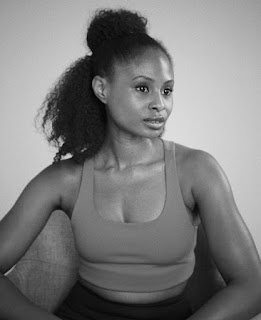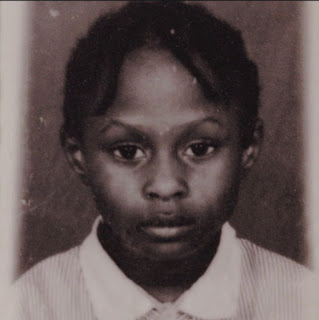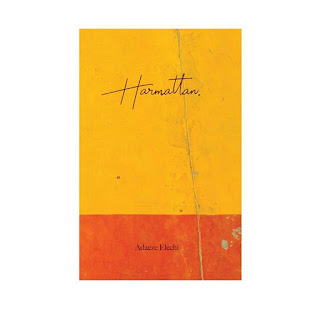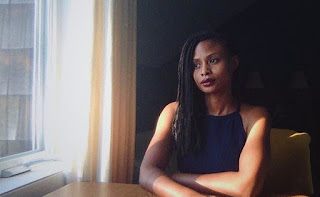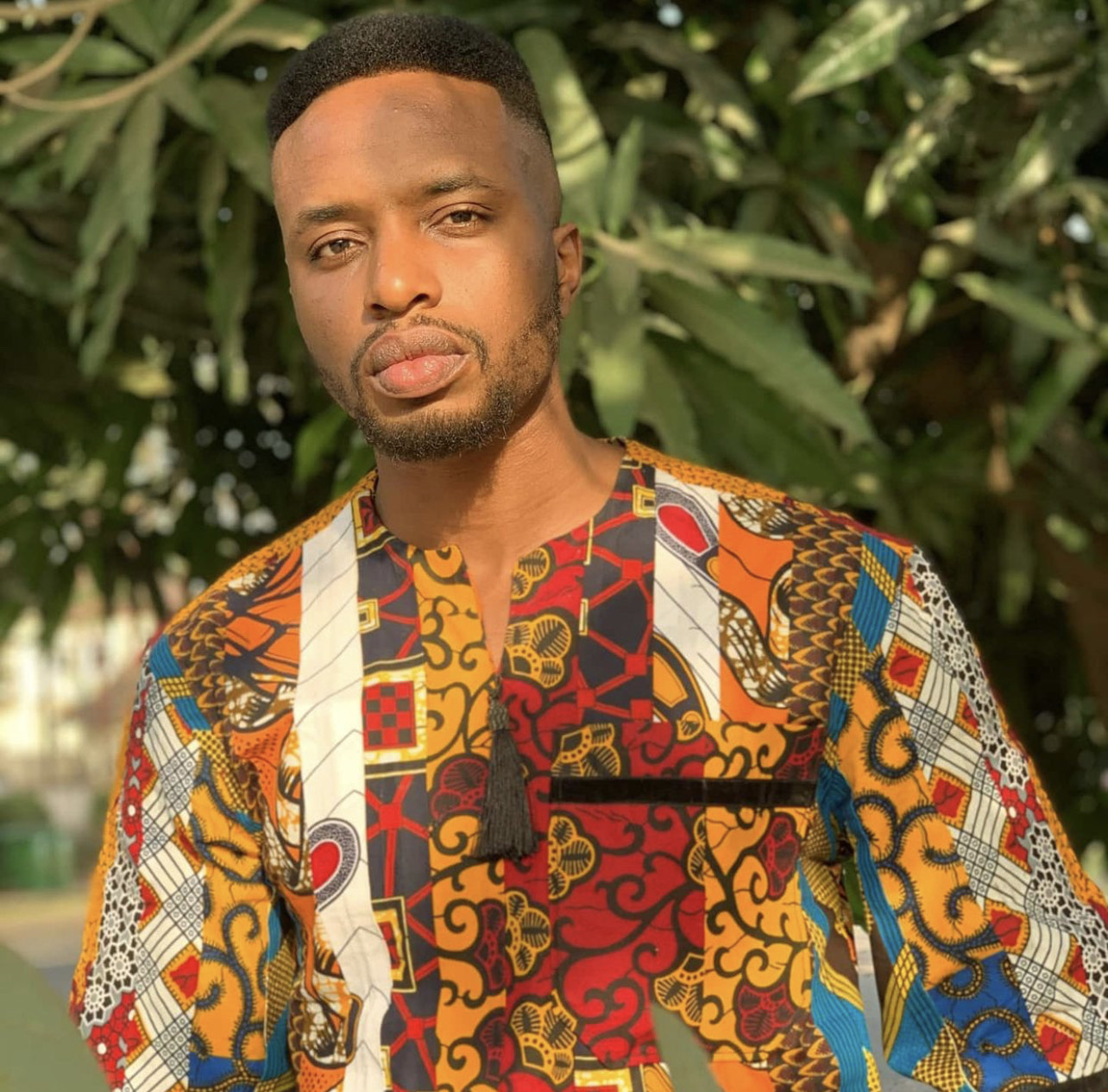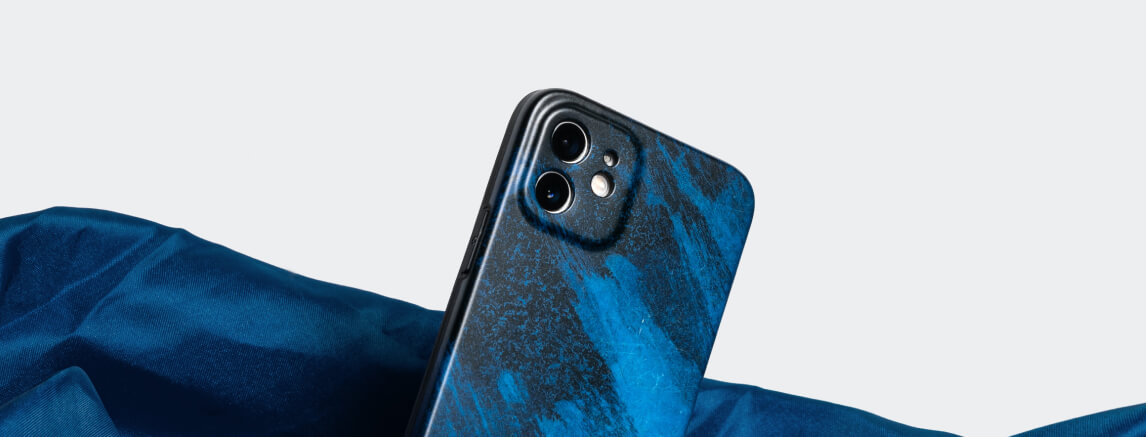Adaeze Elechi is a writer and filmmaker. Her works are influenced both by her desire to better understand the ways our histories shape our present understanding of ourselves, as well as a desire to explore spaces of vulnerability, intimacy, and softness.
Her pieces have appeared in Guernica Magazine, Stylelikeu, and mindbodygreen. Her original films have screened at the St. Louis International Film Festival, and the San Diego Black Film Festival, among others.
She lives in Brooklyn, NY above a coffee shop named after a bird.
The interview session was between Ada Elechi and Chimee Adioha.
How did writing find you ? Or how did you find writing ?
I started writing pretty young. I remember when I was seven or eight years old when I lived in Holland, my class was asked to write about our experiences immigrating to Holland which, for me, was a bittersweet experience. We hand-wrote our stories, illustrated them, and then bound them into little books with cardboard, glue, and fabric. My handwriting looked like chicken scratch and my illustrations were not much better, but I was so proud of that little booklet! I remember that it felt good to write my story down. I didn’t have words for what I was feeling at the time, but that project offered some catharsis and a way to understand the significant event of moving to a new country. From then, I continued writing and haven’t stopped. Whether through essays, articles, diary entries, poems, or fiction (both those that are published and those chilling in a Google Drive folder), writing has always helped me make sense of the world.
What was your childhood like ? Has it influenced your writing in any way?
I had a full childhood with a wide range of experiences. By the time I was 13, I had lived in eastern and western Nigeria, Holland, and had traveled quite a bit of Europe and some of Africa. That early exposure to the world opened up my imagination and curiosity about people, cultures, and the world in general. All that moving around also brought with it the classic Third Culture Kid characteristic of never fully feeling like I belonged anywhere. “Home” lost its definition as a physical or geographic location, and became the comfort I found in intimate relationships with people, especially people who understood the experience of not fitting in. I think it shows in my work. I’m drawn to telling stories about people who are on the outside of things, who contend with solitude at some point in their journey, and who are either defining the meaning of home or are in search of home and belonging in their own way.
You also double as a film maker, which of the art do you prefer the most?
Filmmaking and writing are such different art forms, so it’s hard to pick one that I prefer. I love them both for what they bring to storytelling (e.g. there are things you can do with film that you can’t quite do with writing alone and vice versa). But for all their differences, they are also kind of intertwined for me. When I write, the story plays out very visually in my mind, almost cinematically. I’m seeing the story as I’m writing it down. And when I make visual pieces, the tone and style is very much influenced by my writing voice.
Your writing has been described as being emotional, especially the fact that HARMATTAN is of life and loss and the mystery around death.
What brought about exploring these themes?
My mother passed away from ovarian cancer in 2016. It was devastating and disorienting. I remember those first couple of years after she died feeling a lot of pain and an overwhelming sense that nothing made sense – not life, not death, not heaven, or Earth. Years later, I was finally in a place where I could start looking at my grief at trying to understand it. I started meditating on and exploring the relationships between life and death because I wanted to know how to carry the experience of losing my mum. Specifically, I also wanted to know how my people (Igbo people) traditionally have come to understand death. One of the things I found is that there has been a long understanding that whatever has tasted life can never truly die. That is to say, our ancestors don’t leave us to journey through life alone after they have transitioned out of the flesh – they remain with us; and in the midst of loss and grief, there is also room for beauty and growth.
On your last birthday, you mentioned HARMATTAN was one of the scariest things you have ever done. We understand HARMATTAN as also being a vulnerable work.
How did you start? How were you able to scale through till the end, regardless of these strong thematic situations?
In the summer of 2018, I was coming out of a years-long creative block that began during my mother’s illness. That summer, I started to look through some notes I’d taken over those years and noticed that most of my jottings addressed things my family was going through with her illness and her passing. A lot of them were not complete ideas and a lot of them were not literal to our situation – they were fragments of stories, scenes, and poems that took place in parallel universes or dreamscapes, but spoke to what I was feeling and what we were going through. I decided to flesh out those ideas as a way to start addressing my grief and as a return to creativity and writing, which have always been very healing for me.
It was quite an emotional process. Though I was writing to help me through my own grief, I hoped something in the book could possibly help someone who was grieving or knew someone who was grieving. Therefore, I needed this to be a very honest book, which meant I had to look squarely at my tangled feelings and give language to them. There were times when I had to take breaks from writing for some days and actually sit with the emotions that were coming up. When I felt ready to continue, I would go back to writing. Luckily, this book started out as a personal project that was meant to be self-published, so I didn’t have the pressure of a hard deadline as I worked. I could really let the writing process be a healing one.
What exactly inspired and influenced Harmattan? A personal experience?
The loss of my mother was the direct influence. The confusion and pain I felt in that grief led me to start writing and exploring it. The name Harmattan comes from something I noticed as I and my loved ones grieved. Harmattan season can be harsh for living things. The Sahara winds parch the land, there’s little rain, everything becomes so dry. And yet, this is the season that some of the sweetest fruits choose to ripen (mango, udara, cashew, and more). Similarly, even in the bleak, harsh, and hazy bubble of sadness my loved ones and I were in, there were still beautiful things happening around us. We became closer than we’d ever been, bridges that were broken were rebuilt, and the loss also deepened my heart. It increased my ability to empathize with others who are grieving. I’m now able to be there for them in a way that I may not have been able to before losing my mom.
I carry this concept of harmattan into a lot of areas of my life. I’m carrying it into this season of Covid-19. Things have been dark, uncertain, and downright heartbreaking for so many around the world. Yet somehow there are still sweet things ripening around us – people coming together to help each other, people slowing down and getting more in touch with themselves and their neighbors. And just like harmattan (or any season, really), just as surely as the hard times came to us, there is the certainty that they will also one day leave. No condition is permanent.
An artist, Oluseye, in his small review of HARMATTAN, says : you center Igbo culture and mythology so poetically in your exploration of grief.
We see this a lot in HARMATTAN. Did you have to go through a learning process or a deep research in Igbo before or during writing HARMATTAN?
I definitely did research for this book and also just for my own knowledge. I did a lot of reading and I asked my elders questions. Igbo culture is so rich and very beautiful and I had always wanted to know more about it. For this project, I felt it was important to dig into pre-colonial Igbo traditions and mythology because a) my mother was Igbo and I wanted to center her and my maternal lineage, and b) the ideas of life and death that I was exploring also felt so ancient and I wanted to go back and see how my people had made sense of it all. I was not disappointed with my findings! Something that really stood out was this idea that we hold on to our ancestors and our ancestors hold on to us. That was profound to me – almost like the laws of the universe respect the bond between loved ones so much that not even death can keep us apart from one another. I’m continuing to expand my knowledge of Igbo culture, traditions, and mythology. There’s so much beauty there!
What was the writing and publishing process like for you ?
I remember at the beginning of the writing process, sitting myself down for an honest conversation: I was not allowed to be hard on myself as I wrote. This concept of kindness while creating was completely new to me. Because of perfectionism, I was used to being very hard on myself. Nothing was ever good enough – I would look at my work and only see things that needed to be fixed or redone to become more “perfect”. But I had to acknowledge that perfectionism is the killer of creativity and growth. No art would exist if perfection was required. Also, the subject matter of this book was already so emotional and raw that I did not need the additional burden of my own harsh criticism. My only guidelines were to be honest, be kind to myself, take breaks if I needed, and, as much as possible, come back to writing.
The project was initially supposed to be self-published so that I could write freely for myself and not feel as though I needed to think of an audience too much as I wrote. I set a deadline and worked towards it. After I hit my writing deadline, I shared the manuscript with a close friend who suggested I should think about a publisher. So, I searched around and sent the manuscript out to a few indie publishers just to see what would happen, and continued with my own plans to self-publish. A few days before I sent my manuscript to my printer, Bottlecap Press (whom I’d sent a manuscript to) reached out with interest. Working with a publisher pushed out the book release by a few months, but it was worth it. It was great to have the support of a publisher that also gave me access to bookshops. It saved me the money I would have spent on printing. And, by chance, the book was released on what would have been my mum’s 60th birthday. I can’t help but think she had something to do with that timing.
Do you have writers you look up to or writers you have always studied that you fear you would write or sound like them ? What are your best books ever?
I look up to SO many writers. I do sometimes worry that I might sound like them, especially if I’m reading their work while I’m working on a project. But drafts tend to take care of that. Each revision carves out the story and my voice more clearly. I’ve loved Toni Morrison’s and Chris Abani’s work for a long time because their writing is so sensuous and rich with imagery. My heart aches when I read their books. I love Chinua Achebe and Chimamanda Ngozi Adichie for their ability to wrap you into the worlds they create. They give you enough without giving too much, and before you know it you feel like you know the characters personally and you’re invested in their fates. I read a lot of different writers’ works but I tend to come back and study these four.
It’s so hard to pick a favorite book, but I can tell you what I’ve been reading recently! I just finished Red at the Bone by Jacqueline Woodson, which was devastating and dazzling. It took me a little while to get into the structure and rhythm, but once I got it, I couldn’t put it down. And I’m currently reading Efuru by Flora Nwapa. I’m enjoying the old Igbo village setting and watching the women navigate womanhood, motherhood, sisterhood, and being wives in their time. I even sense something feminist in the main character.
10. Are you writing a next book soon ? Or a new film ? What are you currently working on?
I’m starting to work on something new. It’s still very early in the process, so check back with me in a few months. I’m trying new things in this project and being kind to myself as I go.
You can purchase Adaeze’s book
